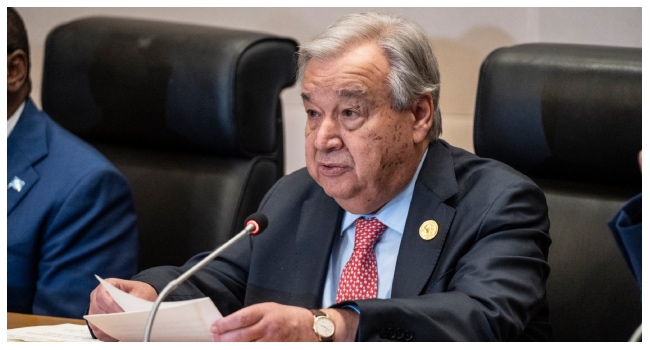By: Bitrus Kozah
Last updated: October 31, 2023
Nigeria’s Minister of Steel Development, Prince Shuaibu Audu, revealed that President Bola Tinubu has set a long-term goal to position Nigeria as a G-20 economy before the culmination of his second term in office in 2031.
Prince Audu emphasized the unyielding commitment of his ministry to the development of the steel sector, with a primary focus on job creation, attracting investments, and making significant contributions to Nigeria’s Gross Domestic Product (GDP), in line with President Tinubu’s renewed hope agenda.
Speaking at the African Natural Resource and Energy Investment Summit 2023, the Minister reiterated his support for initiatives that promote the local production of transition metals. He urged stakeholders to prioritize sustainability, incorporating responsible mining practices and embracing environmentally friendly production techniques to minimize any adverse effects on the ecosystem.
Prince Audu reaffirmed his dedication to a sustainable future that necessitates innovation and transformation in steel production, ensuring Nigeria’s progress aligns with global environmental standards.
To achieve these objectives, a roadmap is currently being developed for the revitalization of the steel sector in Nigeria. The Minister highlighted key areas that the government is prioritizing, including the provision of insurance for government-owned steel plants, incentives for investors willing to invest in the sector, and the designation of a 24,000-hectare land in Ajaokuta as an Industrial Park.
In line with President Tinubu’s 8-point agenda and the proposed roadmap for the Ministry of Steel Development, Prince Audu outlined several recommended strategies for local production of transition metals, which include:
1. Encouraging the Local Processing of Raw Materials: The government will create a conducive environment for investments in mineral processing plants across the country, leading to increased foreign exchange earnings and job opportunities for both skilled and unskilled workers in the mining sector.
2. Enhancing Promotional Activities for Specific Minerals: Efforts to grow Nigeria’s mining sector will be intensified through enhanced local and global promotion of minerals such as Lithium, Gold, Limestone, and others to attract more investments.
3. Investing in Exploration for Bankable Mining Data: The government will incentivize investments in the determination of significant volumes and deposits of transition metals.
4. Ensuring a Secure Mining Environment: Addressing the security challenges faced by mining operations remains a top priority, and proactive measures will be taken to protect mining sites.
5. Establishing a Mineral Development Fund for Host Communities: The creation of this fund aims to address issues related to ownership disputes over mineral deposits between investors and local communities.
The efforts made by Prince Audu and his team reflect their commitment to realizing President Tinubu’s vision of positioning Nigeria as a global economic powerhouse. With a strategic focus on the steel sector and a holistic approach to sustainable development, Nigeria is poised for remarkable progress on its path to becoming a G-20 economy by 2031.
Olusola Akintonde



